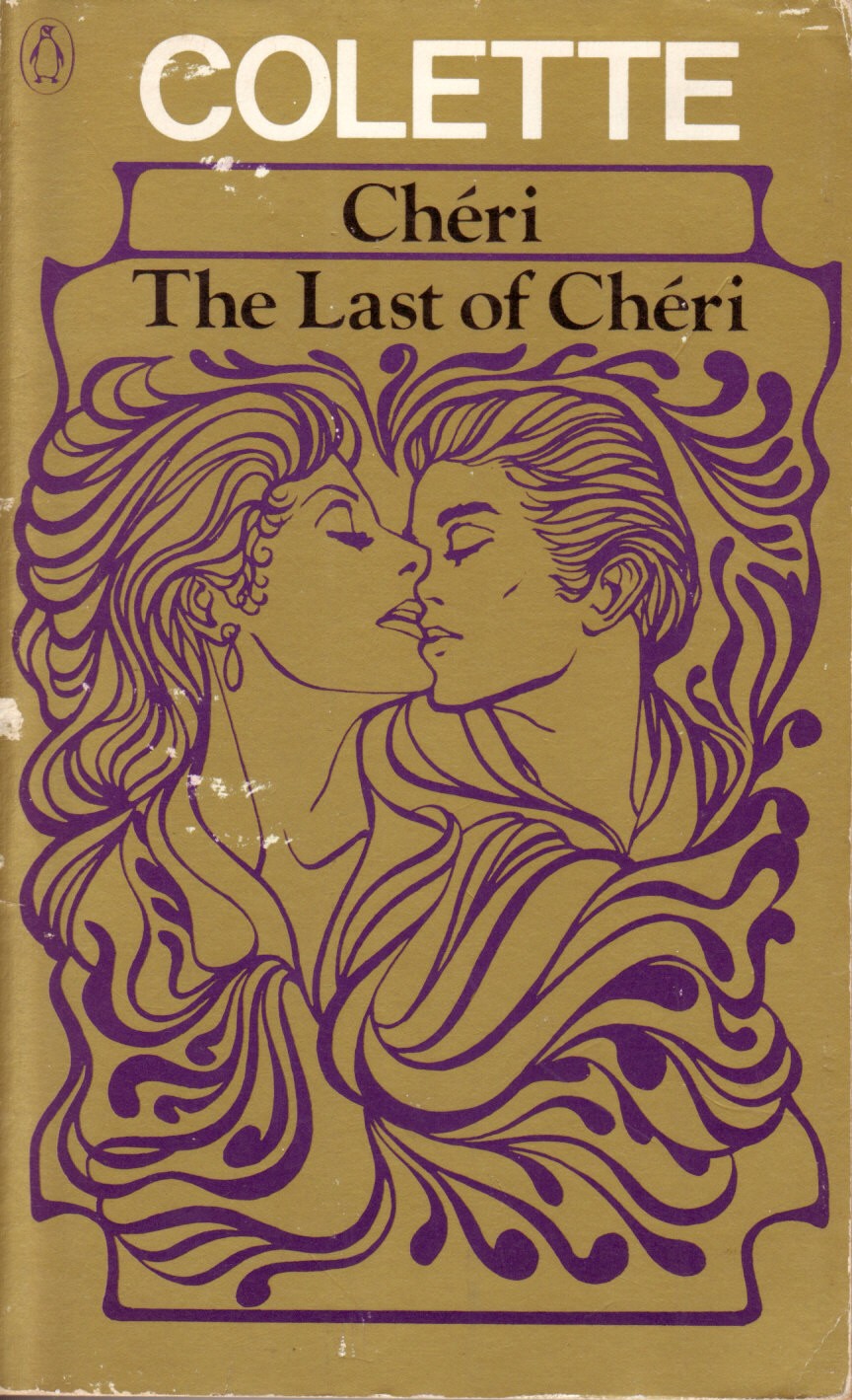 I’ve been seeing lots of lists of summer reads lately, and
that reminded me of Goodbye, Columbus,
a book I associate with summer, because I read it during summer school.
I’ve been seeing lots of lists of summer reads lately, and
that reminded me of Goodbye, Columbus,
a book I associate with summer, because I read it during summer school.
My parents were very opposed to my sitting around all summer
long doing nothing. Since we had a big yard and a twenty-acre lake behind our
house, they weren’t interested in sending me to summer camp. So instead I went
to various summer programs offered by our school district.
The summer between my
sophomore and junior years in high school that meant taking the bus to
Pennsbury High for a summer course in literature.
I remember meeting in Room 222 – this was during the years
when that TV show, starring Michael Constantine and Karen Valentine – was on
TV. I can’t recall what else we read, but the book that stuck with me is Philip
Roth’s Goodbye, Columbus.
I was a voracious reader, but this was one of the first
books I read that was about somebody like me – Jewish, teenaged, growing up in
the suburbs. It was his first book,
published when he was 26, and included the title novella and five stories.
Wikipedia states that “Each story deals with the concerns of second and third-generation
assimilated American Jews as they leave the ethnic ghettos of their parents and
grandparents and go on to college, to white-collar professions, and to life in
the suburbs.”
Well, that was me right there – a second-generation American Jew.
My father even grew up in the same “ethnic ghetto” as Roth himself – the Weequahic
Park neighborhood of Newark, New Jersey.
 I went on to read
more Roth, particularly Portnoy’s
Complaint, which informed my senior thesis, a book about Jewish
assimilation, among other things. I also got to take a course at the University
of Pennsylvania with Roth himself.
I went on to read
more Roth, particularly Portnoy’s
Complaint, which informed my senior thesis, a book about Jewish
assimilation, among other things. I also got to take a course at the University
of Pennsylvania with Roth himself.
It wasn’t a creative writing course, sadly;
instead, we read a bunch of novels, including several by Colette, and then
wrote essays about them, which he critiqued heavily. I don’t think we ever
discussed his work in class – he just assumed, I guess, that if we’d signed up
for a course with him we knew what he’d written.
He was also kind
of a prick, a lot like the characters he wrote about, so maybe he just didn’t
care what we thought.
